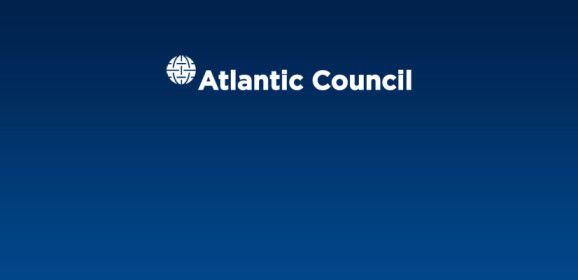Section: Research Organizations & Think Tanks about Ukraine
Nato and the New Arch of Crisis
Conference jointly organized by NATO Public Diplomacy Division, Real Istituto Elcano, IAI and Portuguese Institute of International Relations, on the threats and challenges to euro-atlantic security stemming from the arch of crisis which stretches from Nord Africa to Middle East and Ukraine. …read more Source: Istituto Affari...
The Donbas Black Hole
What Russia hoped would be a small, victorious war has turned into the “geostrategic disaster of a new cold war,” writes Volodymyr Horbulin, a respected foreign policy analyst currently advising Ukrainian President Petro Poroshenko.In an article in Dzerkalo Tyzhnia, Horbulin argues that the main participants in the war have exhausted...
Chernobyl Dead Zone Teeming With Animal Life
Populations of deer, wolves and other big animals have grown dramatically in the absence of human predators since the 1986 disaster. …read more Source: Transitions Online...
Zakarpattia – together, but separated
Conflict with Russia has diverted the Kyiv’s attention away from the deterioration of the situation in regions which are not threatened by direct aggression. …read more Source: Centre for Eastern Studies...
Ukraine at the Crossroads – Resolution or Escalation?
…read more Source: German Institute for International and Security...
In Crimea, Time for Pressure, not acceptance
…read more Source: German Institute for International and Security...
Nato and the New Arc of Crisis
Conference jointly organized by NATO Public Diplomacy Division, Real Istituto Elcano, IAI and Portuguese Institute of International Relations, on the threats and challenges to euro-atlantic security stemming from the arch of crisis which stretches from Nord Africa to Middle East and Ukraine. …read more Source: Istituto Affari...
Ukraine Pleads for Russian Financial Mercy
Yanukovych’s bond sale to Russia could lead Ukraine to default, IMF to cut funds. …read more Source: Transitions Online...
May and Johnson call for tighter controls on EU migrants – but stop short of asking for end of free movement
May and Johnson call for tighter controls on EU migrants – but stop short of asking for end of free movementIn a strongly worded speech to the Conservative Party Conference yesterday, Home Secretary Theresa May warned that EU migration has become “badly unbalanced”, adding, “The numbers coming from Europe are unsustainable and the rules have to...
Russians Crowdfund Mission to Verify U.S. Moon Landings
Tiny satellite will photograph sites visited by Apollo missions. …read more Source: Transitions Online...







